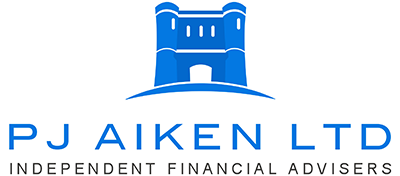With the end of 2021 rapidly approaching, it is time to reflect on what has been a very eventful year for world markets.
After the dramatic events of 2020, the year started on an optimistic note with the first Covid-19 vaccines being rolled out in the UK. However, the take up of vaccines elsewhere was considerably slower as a result of lengthy delays over obtaining the necessary regulatory approval and vaccine hesitancy.
While most markets have recovered well from the fastest sell-off in history at the start of the Coronavirus pandemic, it has not been ‘plain sailing’ with supply chain shortages hampering economic recovery and recent news that Covid-19 cases are beginning rise sharply again in Europe as well as other parts of the world giving rise to fears of a difficult Winter for the emergency services.
In the UK, while case numbers remain high they are still way short of the 100,000 a day forecast by some, and Covid-19 hospitalisations seem to have stabilised at a level well below the 4,500 a day seen at the peak of the crisis. However, while the vaccination programme has been a great success, there are still good many in the UK who have not been vaccinated and the vast majority of those being admitted to hospital are unvaccinated.
Most of the world’s markets look likely to end 2021 on a high note with the US leading the way after a slow start following Joe Biden’s election as the 46th President of the US in the previous November. Indeed, sentiment towards the US has improved considerably as investors have become more confident of a return to strong economic growth under the Biden administration.
By contrast, Asia Pacific, and Emerging markets, which had been the major beneficiaries from the strong economic recovery in China in the latter part of 2020 have struggled in 2021 as a result of concerns over China’s continued intervention in financial markets and the aggressive nature of the ‘wall of stell’ speech given by the president and general secretary of the Communist Party, Xi Jinping at the beginning of July. However, the longer term attractions of these markets remain.
After a slow start in Europe, the Covid-19 vaccine rollout has gathered pace and a strong economic recovery has been forecast. However, expectations look likely to be dampened with restrictions having been reimposed following the recent surge in cases.
In the UK, the market has fared better in 2021 than in recent years thanks largely to the success of the Covid-19 vaccination programme, but economic growth has been slowing as a result of the supply chain shortages mentioned earlier. There is also the fear that the spike in inflation resulting from the rise in the price of oil, raw materials and goods may be more than transitory. However, it should be remembered that while inflation may not be good for fixed interest markets as it could lead to interest rate rises, it has rarely been the enemy of equity markets. Indeed, equity markets have often thrived during periods when inflation has been above target.
Looking ahead to 2022, there is still a lot of uncertainty over the direction the pandemic. However, the consensus among market professionals is that while the outlook for equities remains positive, more subdued conditions should be expected and that markets are likely to be more volatile than in 2021.
